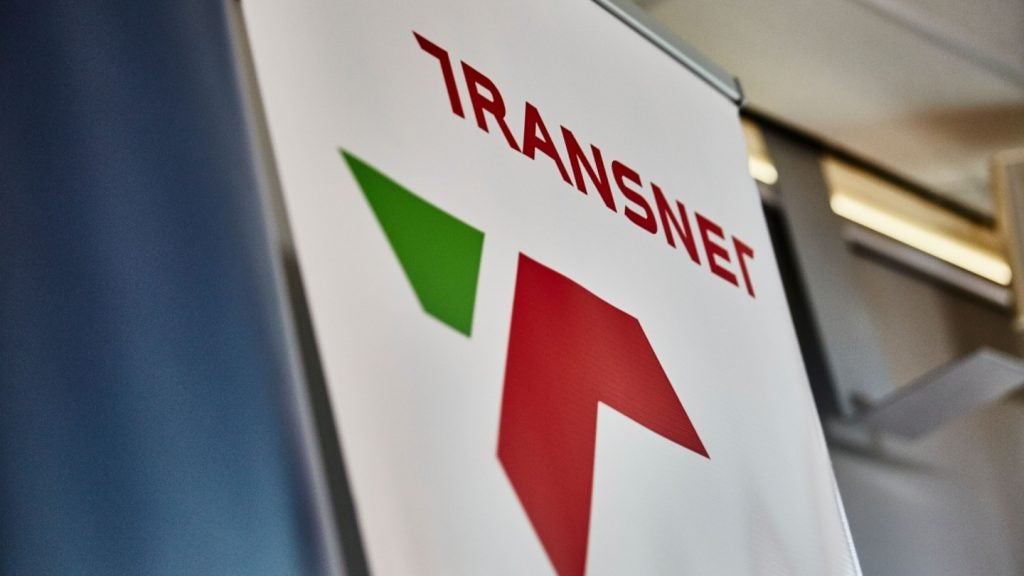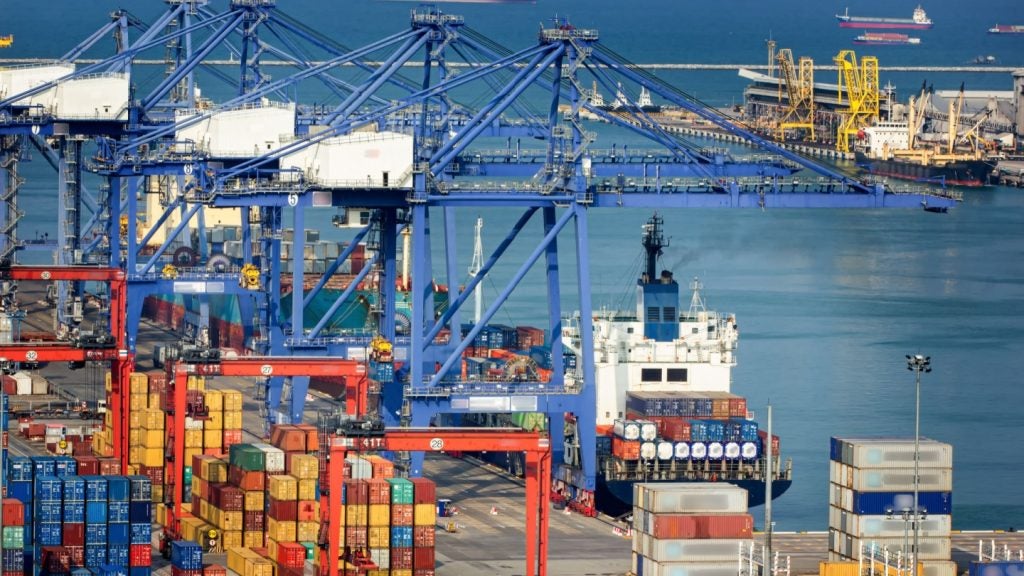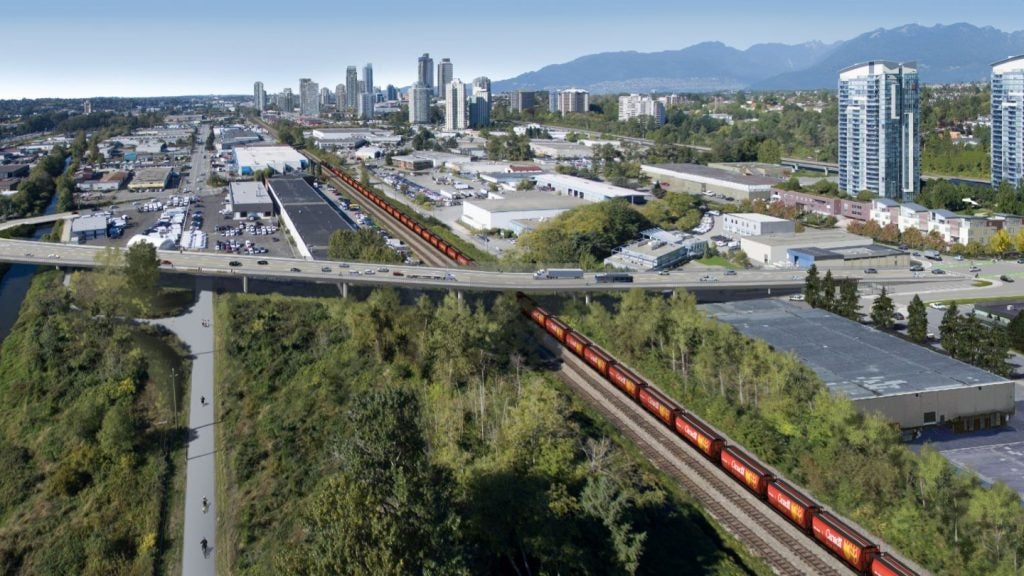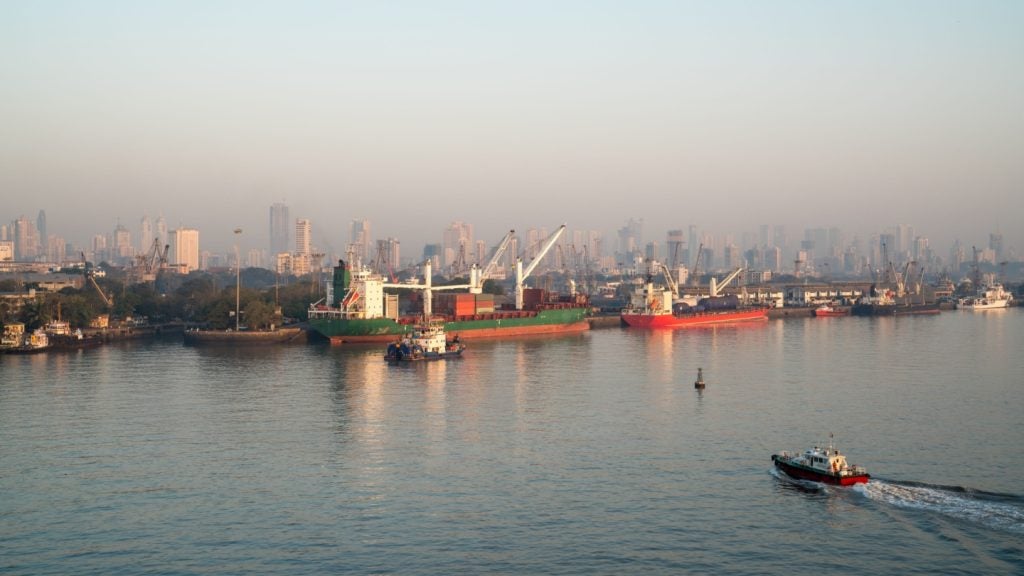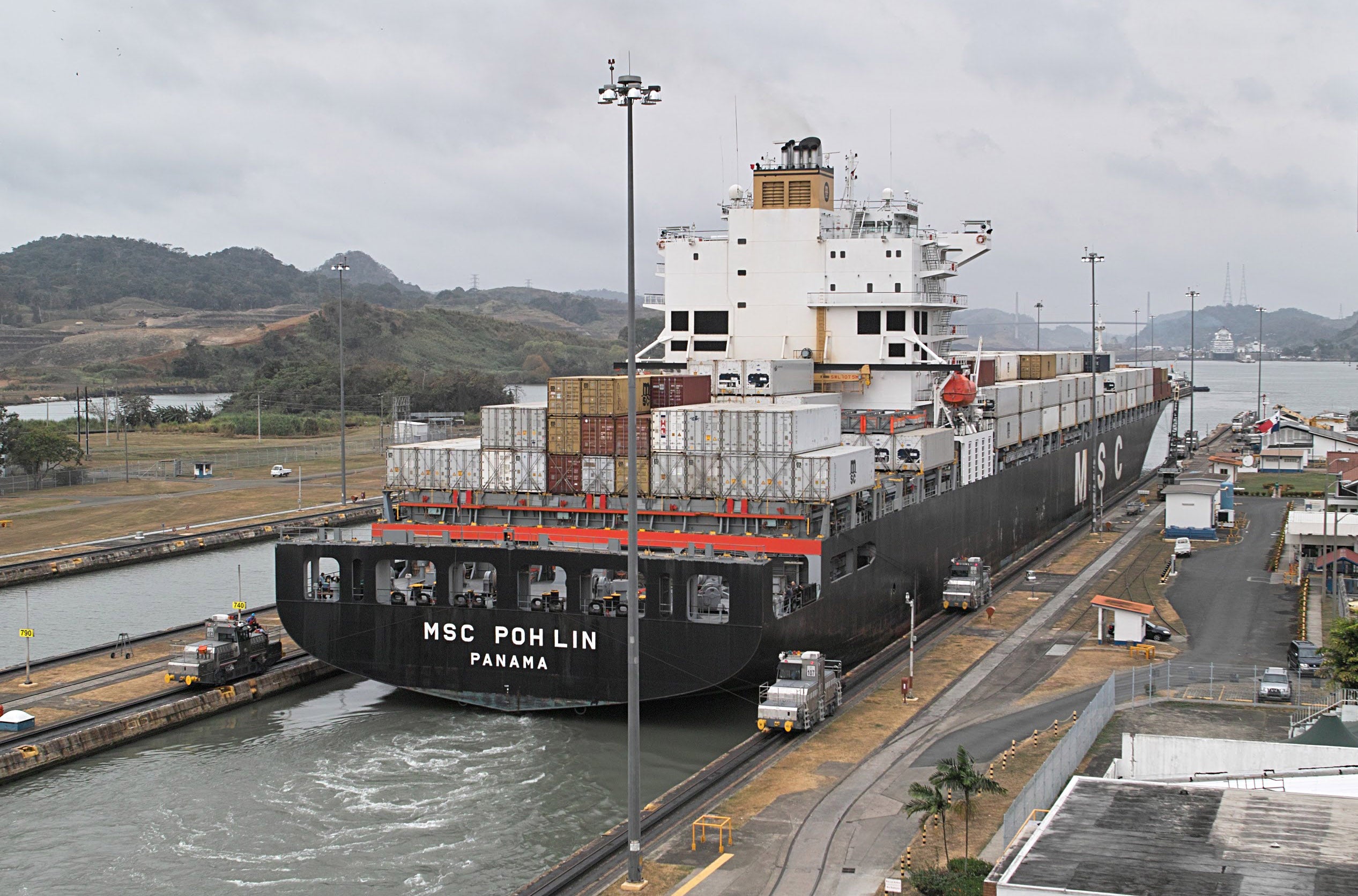
The Panama Canal has imposed speed limits recommended by the International Maritime Organisation (IMO) to protect whales, dolphins and other large aquatic mammals, during their nearby seasonal migration.
Under the measures prescribed by the IMO on speed and maritime transit, ships should proceed at the speed of ten knots in specific areas from August 1 to November 30 every year to help reduce the risk of lethal strikes with cetaceans.
The initiative is aimed at increasing navigation safety in high traffic areas, reducing the likelihood of serious incidents involving humpback whales as well as cutting down on greenhouse gas emissions.
According to the IMO, these measures greatly reduce ship casualties due to collision, thereby reducing loss of life and preventing oil spills.
Commenting on the importance of ocean sustainability, senior administrator from Panama Canal, Jorge L. Quijano said: “The Panama Canal is committed to sustainable development and the conservation of biodiversity, including the conservation of cetaceans by encouraging the maritime community to follow the recommendations and guidelines established by existing maritime traffic devices.
“These measures seek not only to protect cetaceans from collisions with vessels, but also to promote an orderly management of the ocean and its resources,” said Quijano.
How well do you really know your competitors?
Access the most comprehensive Company Profiles on the market, powered by GlobalData. Save hours of research. Gain competitive edge.

Thank you!
Your download email will arrive shortly
Not ready to buy yet? Download a free sample
We are confident about the unique quality of our Company Profiles. However, we want you to make the most beneficial decision for your business, so we offer a free sample that you can download by submitting the below form
By GlobalDataThe Panama Canal has been taking initiatives to increase safety for marine animals since 2014 when the Canal introduced traffic separation schemes (TSS) to regulate the commercial ships that enter and exit the country’s ports. The routes were designed to minimize shipping lanes from overlapping with whale migration routes and global shipping charts were updated to reflect the now-mandatory shipping lanes.
In many instances large ships are “unlikely to see a whale, or may be unable to divert course if they do see one.
“A large ship creates something called a ‘bow null effect’ blocking the engine noise by the bow, creating a quiet zone in front of the vessel, and leaving a whale unaware of the pending threat,” says Whale and Dolphin Conservation Communication officer from, Danny Groves. “Small vessels not only risk injuring whales, the vessels themselves are at risk of damage.
“While a number of technological efforts have been researched to reduce the risk of striking whales, none have yet proven viable. Some may even increase risk to whales, as they respond by surfacing, putting them further in harm’s way. The most effective means to reduce collisions between whales and vessels is to separate them, and when that can’t be done, slow the vessel down to a speed of 10kts or less,” Groves said.
The Panama Canal is not the only region to adopt measures like this. In 2002, IMO adopted amendments to the traffic separation scheme (TSS) in the Bay of Fundy and east coast of Canada to reduce ship strikes by moving the traffic lanes from an area with the highest density of whales to an area where there is a lower density.
Industry analysts too agree that this initiative is essential. Lucy Gilliam, Aviation and Shipping Officer from Transport and Environment said: “This measure should be implemented in all waters where marine mammals breed and live including in coastal waters of places like the Arctic or the Caribbean. Whales are important for fertilising the surface of ocean with their faeces and also for taking carbon to the sea floor. They perform an important role as a carbon sink. As part of our fight to tackle climate change we need to protect these important parts of the ocean ecosystem.
“The added benefit is that ships will burn less fuel by slowing down, so this will also reduce air pollution therefore additionally benefiting coastal populations and people working in ports and canals. Ships will need to adjust schedule however if known in advance then this is possible. Ships operating regularly in waters with marine mammal populations should be fitted with cetacean detection devices so ships can be notified and take action to avoid strikes,” Gilliam said.



